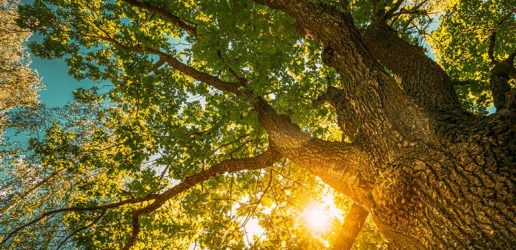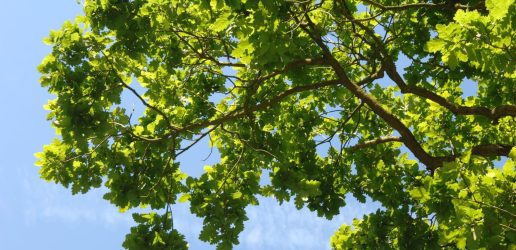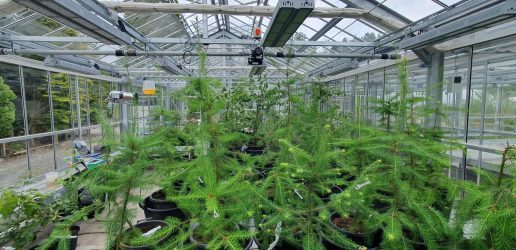As part of a pro-active approach to protect water quality and aquatic ecology, the Forestry Commission and Peatland Action are supporting Forest Research to investigate the effects of peatland restoration by deforestation on nutrient and carbon transport to surface waters. A number of studies are taking place on raised bogs and blanket peatlands and include sites in the flow country, the largest expanse of blanket peat in Europe and a Special Area of Conservation.
The work is taking place in response to the increasing attention that is being given to the removal of forests on peatland for habitat restoration and protection of soil carbon stocks. Questions have been raised about the impact of the change in forest cover on water quality, particularly in terms of the phosphate and dissolved organic carbon which may be lost from the soil and enter streams and rivers.
The relatively large scale of the felling is another issue. Instances have arisen where phosphate leaching from soils within cut stands has resulted in nutrient enrichment of local waters, contributing to algal growth and reduced levels of dissolved oxygen. Local waters supporting sensitive species such as the freshwater pearl mussel and salmonids are especially vulnerable to such changes in water quality.
The work will improve our understanding of restoration techniques and management strategies to control potential impacts of the felling on soil and water, and help us to assess whether additional measures are needed for water protection. The results will help test the effectiveness of the existing guidance and inform future revisions of the UKFS Water Guidelines and associated operational guidance. This will allow any lessons to be applied across the UK.
Forest Research are carrying out the studies in collaboration with the Scottish Environmental Protection Agency (SEPA), the Royal Society for the Protection of Birds (RSPB), the Strath Halladale partnership and Forest Enterprise Scotland.
Recent News
View All news
Woodland managers are invited to take part in a new project to protect the nation’s oaks
Join a webinar and in-person workshop to learn about monitoring and protecting oak trees.

Webinar: Observing and understanding oak health across the UK
An online webinar launching a new, practical oak-health monitoring system for woodland managers and volunteers across the UK.

Webinar: Understanding drought risk for UK woodland creation and forestry
Hear about new research on how rising drought risk is reshaping UK forestry and the tools being developed to support climate‑smart woodland creation.

Woodland managers are invited to take part in a new project to protect the nation’s oaks
Join a webinar and in-person workshop to learn about monitoring and protecting oak trees.

Webinar: Observing and understanding oak health across the UK
An online webinar launching a new, practical oak-health monitoring system for woodland managers and volunteers across the UK.

Webinar: Understanding drought risk for UK woodland creation and forestry
Hear about new research on how rising drought risk is reshaping UK forestry and the tools being developed to support climate‑smart woodland creation.
